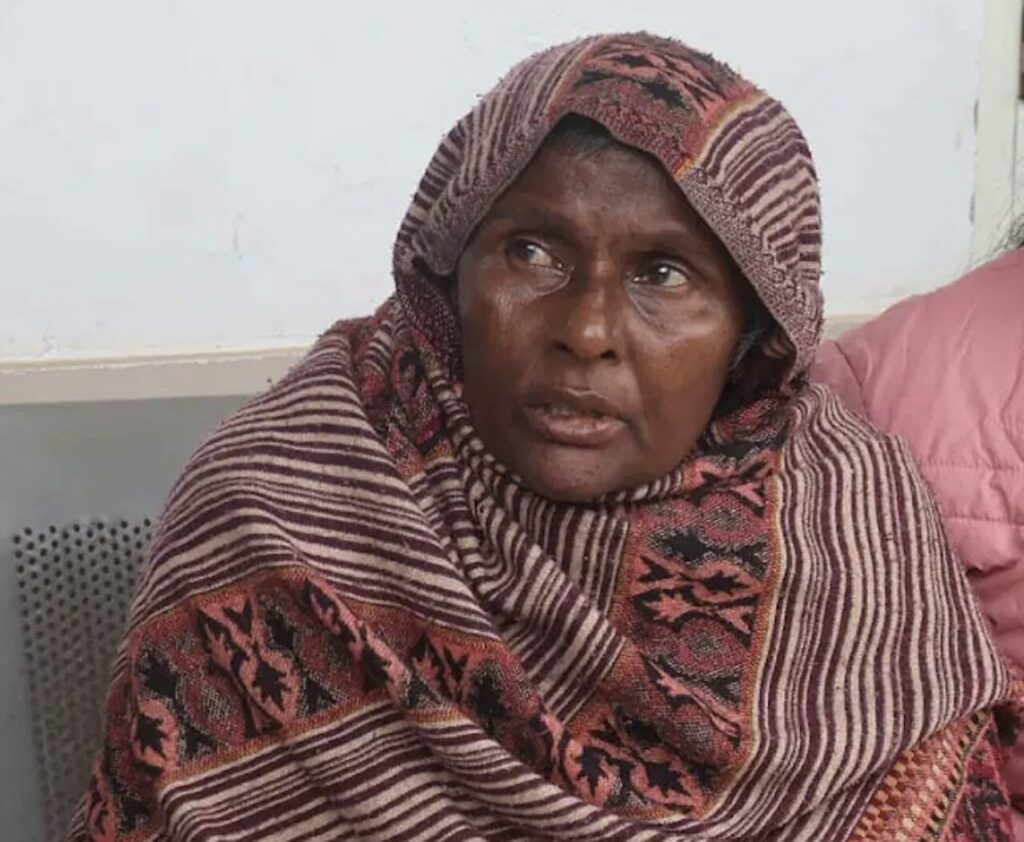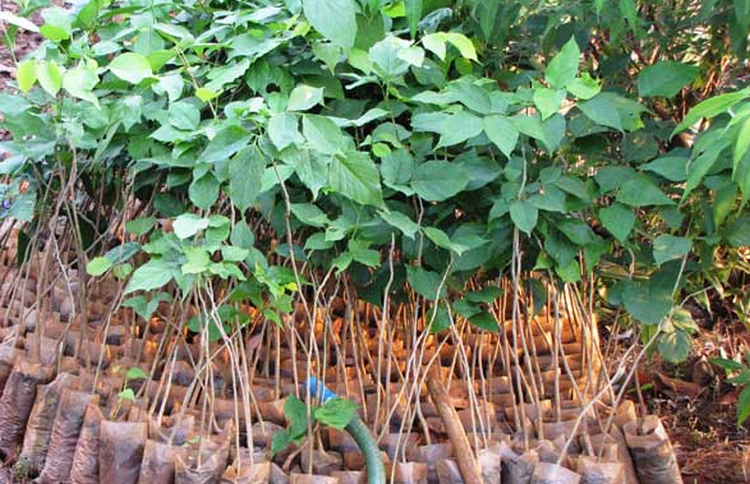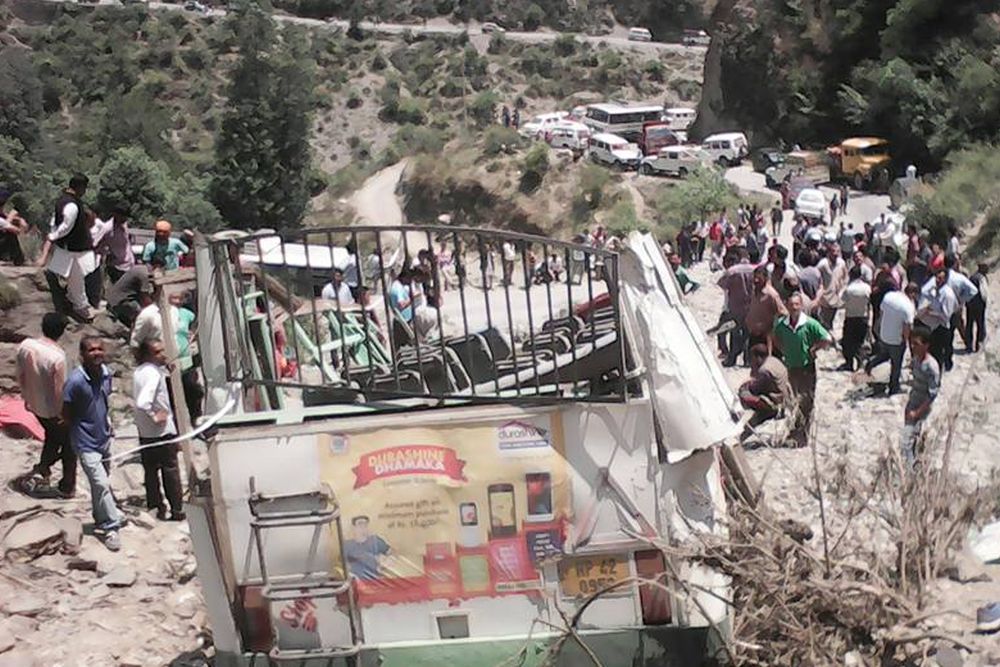Twenty-five years ago, Sakamma, a woman from Karnataka, wandered away from her home and disappeared into the vastness of North India. For years, she lived in anonymity, her family believing she was dead. Now, thanks to a remarkable chain of events and the relentless efforts of the Mandi district administration in Himachal Pradesh, Sakamma has finally been reunited with her family—a reunion that seemed impossible for over two decades.
Sakamma’s story began with a tragic twist. After losing her way in Karnataka, she unknowingly travelled to North India. Struggling with mental health issues and unable to communicate in any language other than Kannada, she became stranded. In 2018, she was found in an abandoned state and brought to the Vridha Ashram Bhangrotu in Sundarnagar, Mandi district. For years, the ashram became her home, but her past remained a mystery to everyone around her.
Meanwhile, back in Karnataka, her family had come to terms with a painful loss. When a mutilated body was discovered in an accident years ago, they mistakenly identified it as Sakamma’s. Her last rites were performed, and her photograph was garlanded—a symbol of mourning and acceptance.
The turning point in Sakamma’s story came on December 18, 2024, when ADC Mandi Rohit Rathore visited the old age home as part of a routine inspection. Curious about her origins, he began making inquiries. The language barrier, however, posed a significant challenge. That’s when he contacted IAS officer Netra Maiti, a native of Karnataka and currently posted as SDM Palampur.
Speaking with Sakamma in Kannada over the phone, Maiti was able to extract crucial details about her past. The information sparked a renewed effort to trace her family. The administration enlisted the help of IPS probationer Ravi Nandan, another Karnataka native serving in Mandi. Nandan visited the ashram, recorded a video of Sakamma speaking in Kannada, and shared it with the Karnataka government.
The video proved instrumental in identifying Sakamma’s family. When the news reached them, it was nothing short of a miracle. They removed the garland from her photograph—a poignant gesture symbolizing her return to life.
However, the reunion came with its bittersweet realities. Sakamma’s husband had passed away, and the “small children” she remembered were now adults, married, and parents themselves. Yet, the joy of seeing their mother alive overshadowed the years of separation.
With all formalities completed, Sakamma is now on her way back to Karnataka, accompanied by officials. She will travel by air from Chandigarh, reuniting with her family after a long and arduous journey.
Deputy Commissioner Apoorva Devgan commended the teamwork and determination that led to this heartwarming reunion. He emphasized the importance of regular visits to ashrams and shelters to ensure the well-being of their residents and uncover untold stories like Sakamma’s.
Sakamma’s story is one of resilience, hope, and the extraordinary lengths that compassion and collaboration can achieve. It is a reminder that, despite language barriers, vast distances, and the passage of time, humanity’s connections can endure and thrive.





